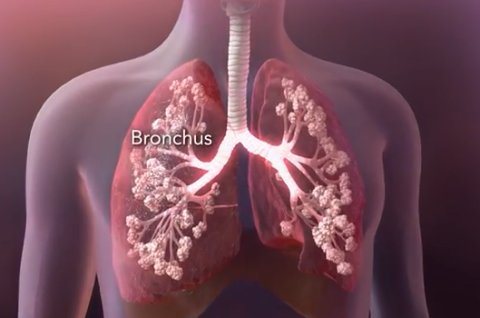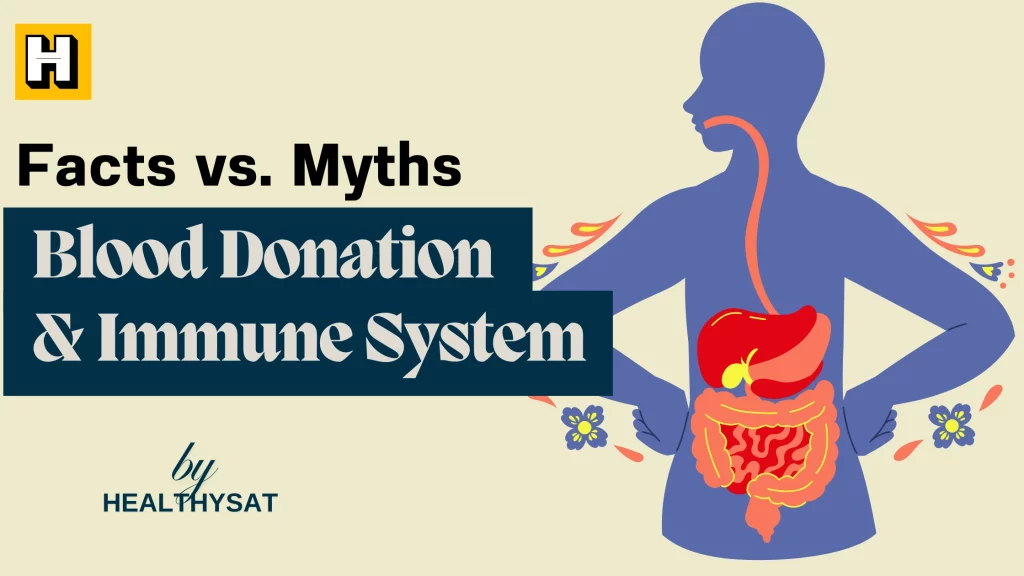Introduction
Living with a chronic condition like cystic fibrosis (CF) can be challenging. The symptoms, such as persistent coughing, frequent lung infections, and digestive issues, can significantly impact the quality of life. While conventional medical treatments are crucial for managing CF, many seek alternative approaches to complement their care. One such option is homoeopathic treatment. In this article, we will explore the principles of homoeopathy, how it may benefit individuals with cystic fibrosis, and common homoeopathic remedies that can be used as part of a holistic treatment plan.
Cystic fibrosis (CF) is a genetic disorder primarily affecting the lungs and digestive system. It is an inherited condition caused by mutations in the CFTR gene, which encodes a protein responsible for regulating the movement of salt and water in and out of cells. When the CFTR protein is defective, it produces thick and sticky mucus that can clog airways and ducts in various organs.
Key features of cystic fibrosis include:
1. Respiratory symptoms:
CF patients often experience chronic coughing, wheezing, and recurring lung infections due to the accumulation of mucus in the airways, making it difficult for them to breathe properly.
2. Digestive problems:
Thick mucus can also block the ducts of the pancreas, impairing the release of digestive enzymes. As a result, individuals with CF may have difficulties absorbing nutrients from food and may experience malnutrition and other digestive complications.
3. Salty sweat:
Another characteristic of CF is abnormally high salt levels in sweat. CF can be detected through a sweat test, often used as part of the diagnostic process.
The severity of cystic fibrosis varies among individuals, and symptoms can range from mild to severe. The condition is typically diagnosed in childhood, but some cases may only appear later. Currently, there is no cure for cystic fibrosis, but various treatments and therapies aim to manage symptoms, prevent complications, and improve the quality of life for affected individuals.
Treatment options may include:
- Airway clearance techniques: Chest physiotherapy and other methods to help clear mucus from the lungs.
- Medications: Antibiotics to treat lung infections and other drugs to assist in thinning mucus and improving lung function.
- Pancreatic enzyme replacement therapy: To aid in proper digestion and nutrient absorption.
- Gene-targeted therapies: Some newer treatments address specific genetic mutations responsible for CF.
- Lung transplantation: For severe cases where lung function is significantly impaired.
Understanding Homeopathy: Treating Like with Like
1. What is homoeopathy?
Homoeopathy is a system of alternative medicine based on the principle of “like cures like.” According to this theory, a substance that can produce symptoms in a healthy individual can stimulate the body’s self-healing response to alleviate similar symptoms in a sick person. Homoeopathic remedies are highly diluted substances derived from plants, animals, minerals, or other sources.
2. How does homoeopathy work?
Homoeopathy stimulates the body’s vital force or energy, promoting self-healing. The remedies are prepared through potentization involving serial dilution and vigorous shaking. This process is believed to enhance the substance’s healing properties while minimizing potential side effects.
Homoeopathic Treatment for Cystic Fibrosis
1. Complementary approach to conventional treatment
Homoeopathy should never replace conventional medical treatment for cystic fibrosis. However, it can be a complementary therapy to manage symptoms and improve overall well-being. Homoeopathic treatment aims to support the body’s natural healing mechanisms by addressing the individual’s symptoms and constitution.
2. Symptom-based treatment
Homoeopathic remedies are selected based on the specific symptoms experienced by the individual. For cystic fibrosis, common symptoms that may be addressed include chronic cough, respiratory infections, digestive issues, and fatigue. Homoeopathic practitioners consider the unique characteristics of the symptoms, such as their intensity, timing, and aggravating or relieving factors, to choose the most suitable remedy.
Common Homeopathic Remedies for Cystic Fibrosis
1. Antimonium tartaricum
Antimonium tartaricum is often indicated for individuals with excessive mucus production, difficulty breathing, and rattling cough. It can help relieve congestion in the chest and improve breathing.
2. Bryonia alba
Bryonia alba is beneficial when coughing worsens with movement or deep breathing. It is also used for individuals who experience dry, hacking coughs that cause chest pain.
3. Pulsatilla
Pulsatilla is recommended for individuals with a loose, productive cough and yellow or greenish phlegm. It is often used when symptoms improve in the open air and worsen in warm or stuffy rooms.
- How to get periods immediately to avoid pregnancy
- Can Ampiclox Destroy Pregnancy
- Fun and Engaging Rett Syndrome Activities for Individuals of All Ages
- Porn Addiction Withdrawal: Understanding the Symptoms and Coping Strategies
- How Much Is IVF in Nigeria: Understanding the Cost of IVF Treatment
4. Ipecacuanha
Ipecacuanha is suitable for individuals with persistent coughing spells that lead to vomiting or gagging. It can help alleviate spasmodic coughs and reduce nausea.
5. Nux vomica
Nux vomica is commonly used for individuals with digestive issues, such as bloating, constipation, and indigestion. It also helps reduce sensitivity to colds and improve sleep quality.
6. Phosphorus
Phosphorus is indicated for individuals with frequent respiratory infections, such as bronchitis or pneumonia. It can help strengthen the immune system and improve overall lung function.
7. Silicea
Silicea is often recommended for individuals with recurrent infections and slow wound healing. It can support the body’s immune response and promote healing.
8. Lycopodium
Lycopodium is useful for individuals with digestive issues, such as bloating, gas, and food intolerances. It also helps alleviate fatigue and boost energy levels.
The Importance of Individualized Treatment
1. Consultation with a qualified homoeopath
To receive the most effective homoeopathic treatment, consulting with a qualified homoeopath is essential. They will conduct a detailed assessment of your symptoms, medical history, and overall constitution to prescribe the most suitable remedies for you. Individualized treatment is crucial in homoeopathy, as different people may require different remedies even if they have the same condition.
2. Potency and dosage
Homoeopathic remedies are available in various potencies, and your homoeopath will determine the appropriate potency and dosage. It’s important to follow their instructions carefully and not self-medicate.
FAQs About Cystic Fibrosis Homeopathic Treatment
1. Can homoeopathy cure cystic fibrosis?
No, homoeopathy cannot cure cystic fibrosis. It is not a replacement for conventional medical treatment. However, homoeopathy can help manage symptoms and improve overall well-being in individuals with cystic fibrosis.
2. Are homoeopathic remedies safe to use alongside conventional medications?
Yes, homoeopathic remedies are generally safe to use alongside conventional medications. However, it would be best to inform your healthcare team about any complementary therapies you use to ensure they do not interfere with your prescribed treatments.
3. Can children with cystic fibrosis benefit from homoeopathy?
Yes, homoeopathy can be used for children with cystic fibrosis. However, it is crucial to consult a qualified homoeopath experienced in pediatric cases to ensure the remedies and dosages are appropriate for the child’s age and condition.
4. How long does it take to see results with homoeopathic treatment?
The timeline for seeing results with homoeopathic treatment varies from person to person. Some individuals may experience improvement in their symptoms within a few weeks, while others may require several months of consistent treatment. Patience and regular follow-ups with your homoeopath are key.
5. Can homoeopathy be used alongside other complementary therapies?
Homoeopathy can be used alongside other complementary therapies, such as acupuncture, herbal medicine, or nutritional supplements. However, discussing these combinations with your healthcare team and ensuring they are safely integrated into your treatment plan is important.
Conclusion
While cystic fibrosis is a complex condition that requires comprehensive medical care, homoeopathy can offer a gentle and holistic approach to managing symptoms. Homoeopathic treatment can complement conventional therapies and improve overall well-being by addressing individual symptoms and supporting the body’s healing mechanisms. Remember to consult with a qualified homoeopath for personalized guidance and support throughout your journey with cystic fibrosis.







